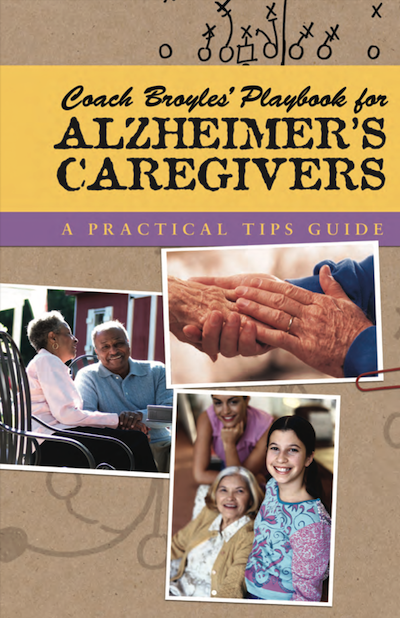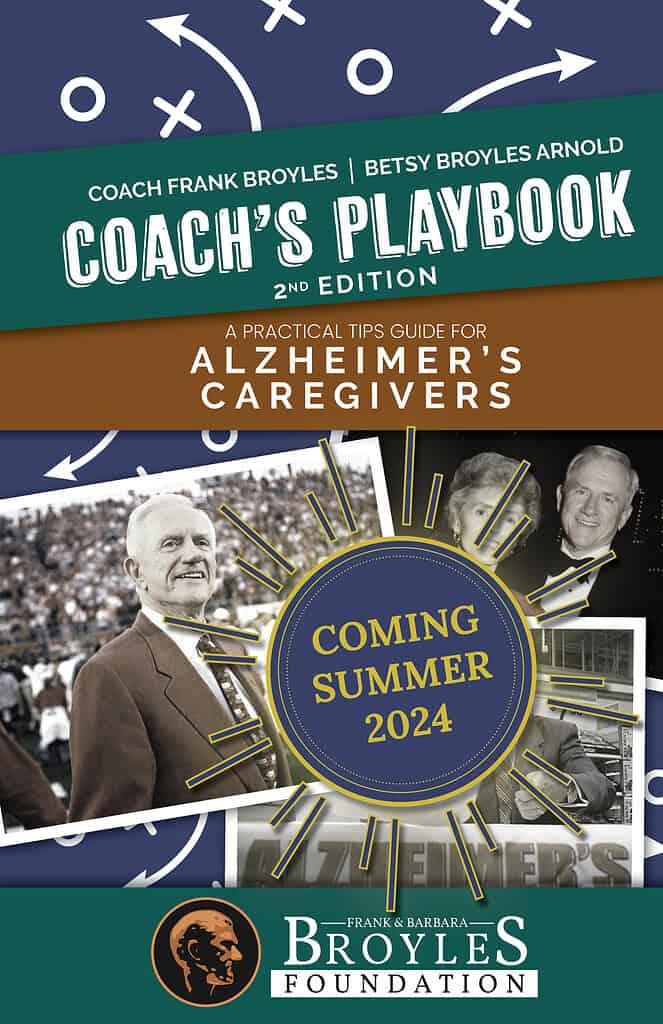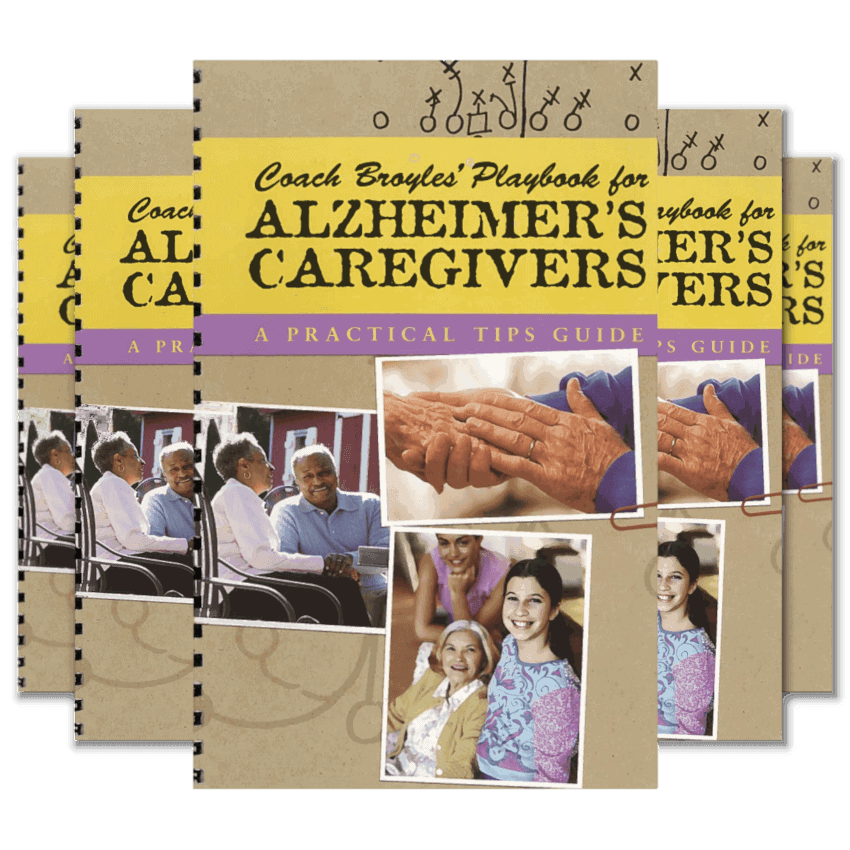Coach Broyles’ Playbook for Alzheimer’s Caregivers: Strategies for Compassionate Support
Navigating the journey of caring for a loved one with Alzheimer’s can often feel like a complex game plan that requires careful navigation and strategic thinking. Much like a coach guiding a football team through the unpredictable terrain of a game, caregivers must employ a variety of strategies to effectively provide support and maintain their loved one’s dignity and well-being. This article explores key insights from Coach Broyles’ playbook for Alzheimer’s caregivers, offering practical advice and strategies to enhance caregiving experiences.

Understanding Alzheimer’s Through a Caregiver’s Lens
Alzheimer’s disease not only impacts the individual diagnosed but also significantly affects their caregivers. Understanding the emotional and cognitive challenges faced by those with Alzheimer’s is essential for effective caregiving. Caregivers must adopt a compassionate approach, recognizing that communication and memory issues can lead to frustration for both parties. By employing patience and empathy, caregivers can create an environment that fosters trust and reassurance.
Creating a Tailored Game Plan
Much like a customized game plan designed for a specific opponent, caregivers should develop a tailored approach for their loved one. This involves crafting daily routines that align with their loved one’s abilities and preferences. Maintaining a consistent schedule can help reduce confusion and instill a sense of security. Incorporating familiar activities, such as favorite music or hobbies, can stimulate positive memories and engagement.
Effective Communication Techniques
Communication plays a pivotal role in caregiving. Not all conversations need to revolve around the present; reminiscing about past experiences can be a powerful tool. Caregivers are encouraged to utilize simple language, maintain eye contact, and actively listen. Encouraging open dialogue fosters connection, enhancing the caregiver-patient relationship. Non-verbal cues such as smiling or gentle touches can also convey understanding and support.
Managing Behavioral Changes
As Alzheimer’s progresses, caregivers may encounter a range of behavioral changes that can be challenging to navigate. Understanding the triggers behind outbursts or confusion can equip caregivers with the tools to respond appropriately. Maintaining a calm demeanor is essential—this can often diffuse tense situations. By employing distraction techniques or redirecting focus to familiar activities, caregivers can help their loved ones transition from distress to comfort.

Implementing Emotional Support Strategies
The emotional toll on caregivers can be profound. Establishing a support network, involving friends and family, can help alleviate feelings of isolation. Participating in support groups specifically for Alzheimer’s caregivers offers a platform for sharing experiences and coping strategies. Additionally, practicing self-care is not just beneficial but necessary. Engaging in physical activity, hobbies, or quiet time can recharge caregivers’ mental and emotional reserves, enabling them to provide better support to their loved ones.
Utilizing Resources Effectively
Caregivers should leverage community resources that can provide assistance and guidance. Organizations dedicated to Alzheimer’s research and support can offer valuable information on best practices, local support groups, and educational materials. Technological tools, such as medication reminders or safety devices, can also provide peace of mind and facilitate daily tasks, contributing to an enhanced caregiving experience.
Adapting to Change and Celebrating Small Victories
Adaptability is a key attribute for caregivers. As Alzheimer’s symptoms evolve, strategies must be flexible to accommodate changing needs. Caregivers should remain open to reassessing and tweaking their approaches. Furthermore, celebrating small victories—such as a successful communication moment or a joyful interaction—can lend positivity to the caregiving journey. These moments not only uplift the caregiver but also create lasting memories for both the caregiver and their loved one.
Fostering Dignity and Independence
Ultimately, the goal of caregiving is to foster dignity and independence in individuals with Alzheimer’s. Empowering loved ones to engage in decision-making, when possible, enhances their self-esteem and promotes a sense of control over their daily lives. Caregivers should strive to maintain their loved one’s autonomy while providing the necessary support to ensure safety and comfort.

Caring for a loved one with Alzheimer’s is a journey filled with challenges and rewards. By applying the principles derived from Coach Broyles’ playbook, caregivers can navigate this complex terrain with greater confidence and compassion. Every strategy embraced not only enhances the caregiving experience but contributes to the overall quality of life for both the caregiver and the person with Alzheimer’s.



